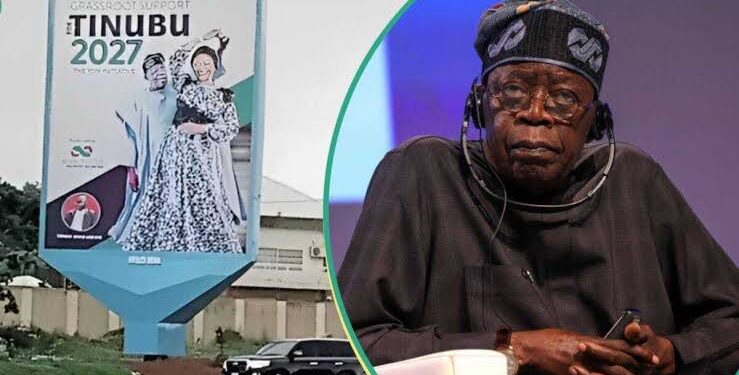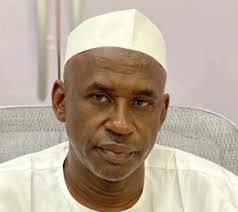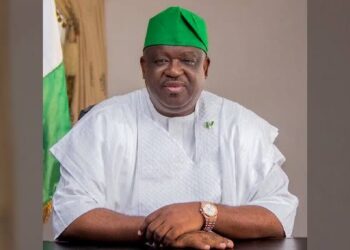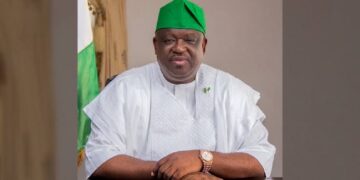The All Progressives Congress (APC) has recently addressed the emergence of a new billboard in Abuja that is promoting President Bola Tinubu for the 2027 presidential election. This billboard, which has quickly become a topic of widespread public and media interest, is strategically placed in the bustling Area One area of the Federal Capital Territory.
It prominently displays the message: “Grassroots support for Tinubu 2027, the 1019 initiative,” along with images of President Tinubu and his wife, Oluremi Tinubu.
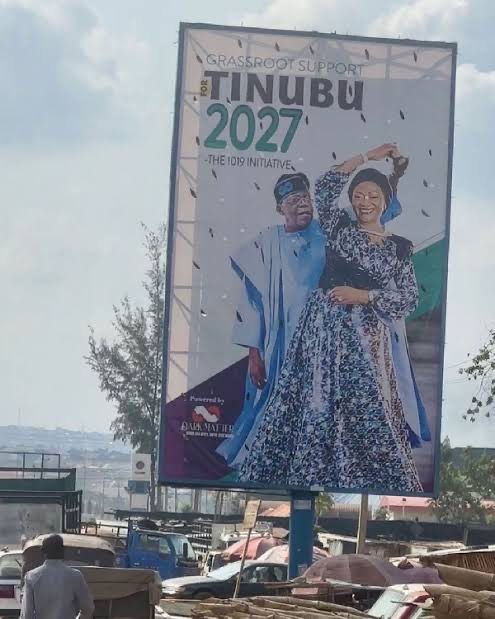
The appearance of this billboard has led to various speculations and discussions. Some observers interpret it as an early indication of Tinubu’s potential re-election campaign, despite the fact that he is currently serving his second year of a four-year term as President.
The billboard suggests a grassroots movement backing Tinubu for the 2027 presidential race, which has prompted many to question whether this reflects a broader strategy or simply independent support.
Bala Ibrahim, the APC National Publicity Director, has made it clear that the party is not behind this particular campaign. In a statement issued to the media, Ibrahim emphasized that the APC was not involved in the creation or endorsement of the billboard. He suggested that the campaign might have been initiated by independent groups or individuals who are supporters of President Tinubu, rather than being an official initiative of the APC.
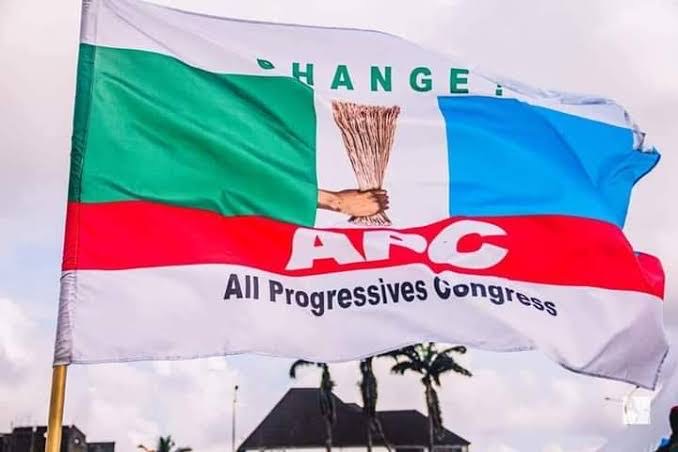
Ibrahim further clarified that billboards of this nature typically include details about their sponsors. According to him, if the billboard lacks any official APC branding or identification, it signifies that the campaign is not officially sanctioned by the party. This point is crucial in distinguishing between grassroots initiatives and official party campaigns.
While the billboard has generated considerable buzz, President Tinubu has not yet made any public statements regarding his plans for the 2027 election. As he is currently in the middle of his term, there has been no formal announcement or indication from him about seeking re-election. The billboard’s message thus remains an independent effort by supporters, rather than an indication of an organized campaign by the APC.
The situation underscores the broader dynamics of political campaigning in Nigeria, where early signs of support and promotional activities often surface long before official announcements.
As the 2027 election approaches, it will be interesting to observe how these early expressions of support evolve and whether they lead to any formal campaign efforts.
The APC’s response to the billboard emphasizes the distinction between unofficial grassroots support and official party endorsements. This distinction is important as it helps to clarify the APC’s position and sheds light on the nature of political campaigning in Nigeria.


